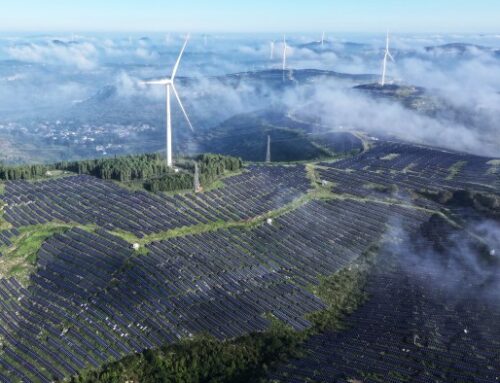Meta’s co-founder says being a CEO for 13 years was exhausting, shares 2 things that added
October 29, 2025
Meta co-founder Dustin Moskovitz described how external events like politics and the pandemic added to the strain (Image source: @jmoskov/Instagram)
From N R Narayana Murthy to Sundar Pichai, several influential figures, over the years, have opened up about corporate work culture and how it affects personal life and growth. Recently, Meta co-founder Dustin Moskovitz opened up about the personal toll of leadership, admitting that serving as a CEO for over a decade left him drained.
Speaking on Ben Thompson’s Stratechery podcast, Moskovitz reflected on his years leading Asana and how being an introvert made the role particularly taxing. “I don’t like to manage teams, and it wasn’t my intention when we started Asana,” Moskovitz said. “I’d intended to be more of an independent or head of engineering or something again. Then one thing led to another and I was CEO for 13 years and I just found it quite exhausting.”
He went on to describe how external events like politics and the pandemic added to the strain. “I’m an introvert, I had to just kind of put on this face day after day and then in the beginning I was like, ‘Oh, it’s going to get easier, the company will get more mature,’ and then the world just kept getting more chaotic — the first Trump presidency and the pandemic and all the race stuff,” he explained. “It made it just a lot less of the company building. Being a CEO is a lot more about reacting to problems and doing this sort of thing.”
In 2004, Moskovitz helped launch Facebook alongside Mark Zuckerberg, Chris Hughes, Eduardo Saverin, and Andrew McCollum. According to Forbes, he exited from the tech-giant in 2008; however, he kept a stake of just over eight per cent, a holding that helped make him a billionaire with an estimated $12 billion net worth.
That same year, he co-founded Asana, a work management software company, where he served as CEO for 13 years before stepping down earlier this year to become chairman. He still controls roughly 53 per cent of Asana’s outstanding shares, spanning both Class A and Class B stock, CNBC reported.
© IE Online Media Services Pvt Ltd
Search
RECENT PRESS RELEASES
Related Post



